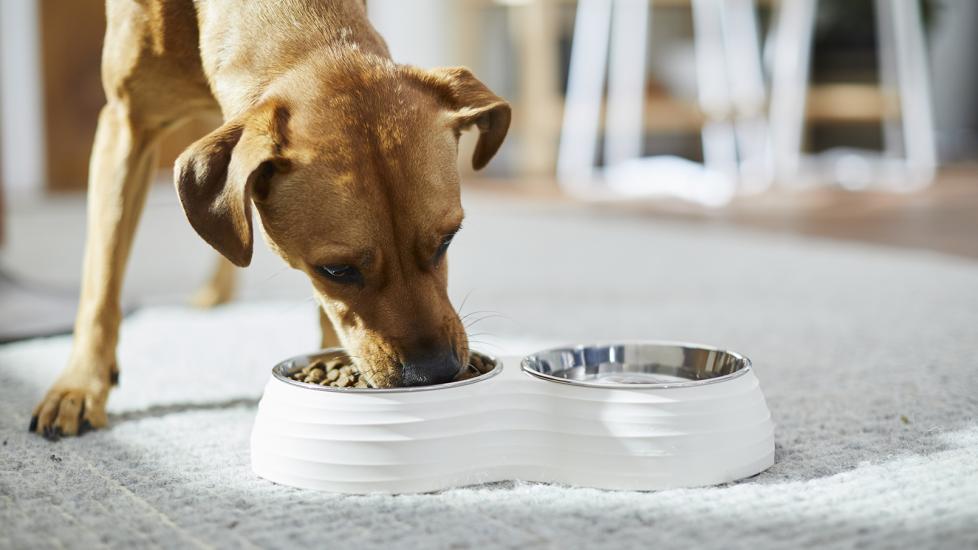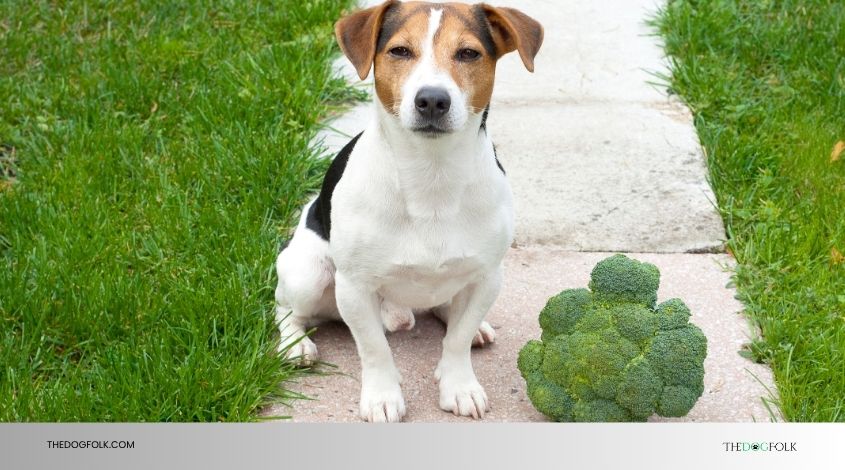Last Updated on September 24, 2025 by Emily Hartman
Are you thinking about switching your dog to a grain-free diet? Maybe you’ve heard that grain-free foods are healthier or can help with allergies.
But before you make the change, it’s important to know the facts. The truth about grain-free diets might surprise you, and could impact your dog’s health in ways you hadn’t considered. By reading this article, you’ll discover the potential risks and benefits of grain-free diets for dogs.
You’ll learn what experts say and get the information you need to make the best decision for your furry friend. Could grain-free foods be doing more harm than good? Read on to find out.

Credit: kohapet.com
Contents
Grain-free Diets For Dogs
Evaluating grain-free diets for dogs raises concerns about their nutritional balance. Some experts suggest these diets might lack essential nutrients, potentially impacting heart health. It’s crucial to consult a veterinarian to ensure dogs receive a balanced diet tailored to their needs.
Grain-Free Diets for Dogs Grain-free diets for dogs have gained popularity in recent years. Many dog owners believe that eliminating grains from their pets’ meals is a healthier choice. But is this trend based on science, or is it more of a marketing tactic?
Understanding Grain-free Diets
Grain-free diets substitute grains with other carbohydrate sources like potatoes and peas. These diets were originally designed for dogs with grain allergies. However, true grain allergies in dogs are quite rare.
Why Some Pet Owners Choose Grain-free
Some pet owners report improved energy levels and healthier coats in their grain-free dogs. They feel that grains are fillers that offer little nutritional value. But what if the benefits they observe are due to other factors in the diet?
Potential Risks Of Grain-free Diets
Recent studies suggest a potential link between grain-free diets and heart disease in dogs. The FDA is currently investigating cases of dilated cardiomyopathy (DCM) in dogs on grain-free diets. This raises important questions about the long-term safety of these diets.
Evaluating Your Dog’s Diet
Consider your dog’s individual needs before making dietary changes. Consult your vet to ensure your dog gets a balanced diet with essential nutrients. Remember, a diet that works for one dog may not be suitable for another.
Is Grain-free Right For Your Dog?
Think about your dog’s health and lifestyle when choosing their diet. Is your dog thriving on their current food, or are you seeking improvement in specific areas? Your observations and your vet’s advice can guide your decision. Engage with your dog’s diet as you would your own. Question, evaluate, and seek expert advice. After all, your furry friend’s health is worth every effort.

Credit: cbicorporate.com
Health Impacts Of Grain-free Diets
Grain-free diets for dogs could be linked to heart problems. Some dogs thrive, while others face risks. Owners should consult veterinarians to assess individual needs and ensure balanced nutrition.
Grain-free diets for dogs have gained popularity in recent years, promising benefits like improved digestion and allergy relief. However, the health impacts of these diets are under scrutiny. You might be wondering if grain-free diets are truly beneficial or if they come with hidden downsides. Let’s dive into the specifics and see what these diets mean for your furry friend.
Are Grain-free Diets Nutritionally Balanced?
Grains are often replaced with ingredients like peas, lentils, and potatoes in grain-free dog foods. While these substitutes can provide energy, they might lack other essential nutrients. A friend of mine switched her dog to a grain-free diet, thinking it would help with its itchy skin. The skin improved, but the vet later found her dog was missing some crucial vitamins. It’s essential to ensure that a grain-free diet is balanced and meets all nutritional needs. Consider consulting a vet who can guide you in choosing the right food.
Potential Heart Health Concerns
Recent studies have linked grain-free diets to heart conditions like dilated cardiomyopathy (DCM) in dogs. This condition affects the heart muscle and can lead to heart failure. A family dog we knew developed heart issues after being on a grain-free diet for several months. It was a wake-up call for the owners to reconsider their choices. You might want to think twice before making the switch to grain-free. Is the potential risk worth it, or are there safer alternatives?
Digestive Health And Grain-free Diets
Many owners report that their dogs have improved digestion on grain-free diets. Yet, not every dog responds the same way. Some dogs might experience digestive discomfort, while others thrive. I remember my neighbor telling me how her dog had frequent stomach upset on a grain-free diet, which disappeared when grains were reintroduced. Before making dietary changes, observe your dog’s digestive reactions. Does your dog show signs of discomfort or improvement? Your dog’s unique needs should guide your decisions.
Addressing Allergies With Grain-free Diets
Grains are often blamed for allergies in dogs, but they aren’t always the culprit. Proteins like beef and chicken can also be allergens. A grain-free diet might not be a one-size-fits-all solution for allergies. My cousin’s dog continued to scratch despite being on grain-free food, until they discovered it was actually allergic to chicken. Could it be that grains aren’t the real issue for your dog? Identifying the true allergen can save you from unnecessary dietary changes. In deciding whether a grain-free diet is right for your dog, consider these health impacts carefully. Are there tangible benefits for your dog, or are there risks you should be aware of? Your dog’s health and happiness are paramount, so make informed choices that reflect their needs.
Evaluating Dog Nutritional Needs
Understanding a dog’s nutritional needs is crucial for its health. Dogs require balanced diets to thrive. Their diets should include proteins, fats, carbohydrates, vitamins, and minerals. Each nutrient plays a role in maintaining their energy and wellbeing.
Protein: Essential For Growth And Repair
Protein is vital for dogs. It helps in growth and tissue repair. Dogs need proteins for muscle development and immune function. Meat is a primary source of protein for them.
Fats: A Source Of Energy
Fats provide energy for dogs. They support cell function and absorption of vitamins. Healthy fats keep a dog’s coat shiny. Omega-3 and omega-6 fatty acids are beneficial.
Carbohydrates: Fuel For Activity
Carbohydrates supply energy for active dogs. They help in digestion and provide fiber. Whole grains and vegetables are good carbohydrate sources. They support regular bowel movements.
Vitamins And Minerals: Boosting Immunity
Vitamins and minerals are essential. They help in bone development and immune strength. Dogs need vitamins like A, D, E, and K. Minerals like calcium and phosphorus are crucial for health.
Understanding Grain-free Diets
Grain-free diets exclude grains like wheat and corn. Some believe grains cause allergies. But grains can offer nutrients and fiber. It’s important to evaluate the dog’s specific needs. Consult a vet for the best diet plan.

Credit: www.petmd.com
Frequently Asked Questions
What Are Grain-free Diets For Dogs?
Grain-free diets do not contain corn, wheat, or soy. They often use alternatives like potatoes or legumes.
Are Grain-free Diets Harmful To Dogs?
Some dogs might have issues with grain-free diets. Consult your vet for advice tailored to your pet.
Why Do Some Dogs Need Grain-free Diets?
Dogs with allergies or sensitivities to grains might benefit. Always check with a vet to be sure.
Can Grain-free Diets Cause Heart Problems In Dogs?
Some studies suggest a link to heart issues. Discuss potential risks with your veterinarian for clarity.
How Do I Know If My Dog Needs A Grain-free Diet?
Look for signs like itching or digestive issues. A vet can help diagnose dietary needs accurately.
Read More – Are Dogs Allowed At Whole Foods? Discover the Rules
Conclusion
Deciding on the right diet for your dog is crucial. Grain-free diets can suit some dogs, but not all. It’s essential to consult your vet before making changes. They can help identify specific needs and health conditions. Remember, each dog is unique.
What works for one might not suit another. Pay attention to your dog’s reactions and health. Choose a diet that keeps them happy and energetic. Keep informed and ask questions. Your dog’s health and well-being are worth the effort.

Emily Hartman is a lifelong dog lover, writer, and canine care enthusiast. With years of experience in pet parenting and a deep passion for helping others raise happy, healthy dogs, she shares practical tips, thoughtful advice, and product recommendations to make life better for pups and their people. When she’s not writing, you’ll find her hiking with her rescue lab, Milo, or exploring new dog-friendly spots around town.

